In today’s heavily technologized world, pedagogy and technology go hand in hand. The Covid-19 pandemic has urged educators worldwide to embrace technology as many of their classes shifted to a fully remote or hybrid environment.
Naturally, this posed some challenges for many teachers, especially those who weren’t used to using edtech tools such as a learning management system (LMS) or a video conferencing platform to deliver educational content. The need to swiftly incorporate technology in the classroom might have partially overshadowed another essential aspect of teaching — pedagogy, especially among less tech-savvy teachers who needed more time for this.
Via EDTECH@UTRGV



 Your new post is loading...
Your new post is loading...

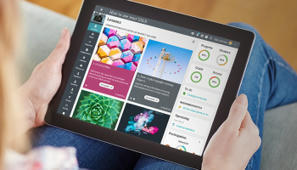







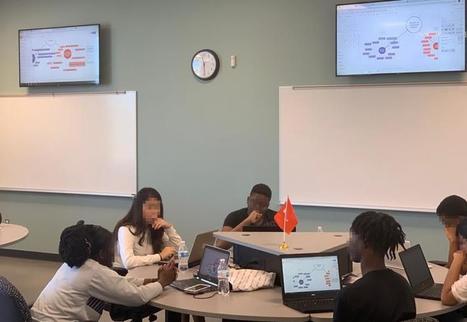



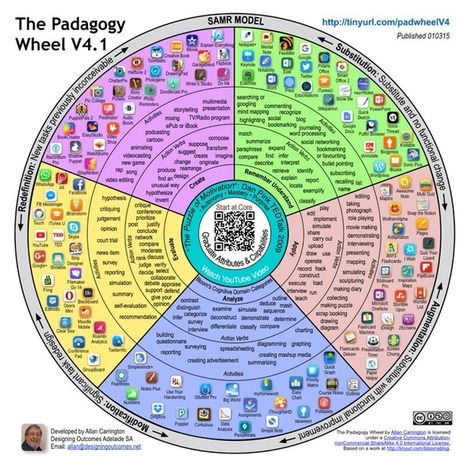
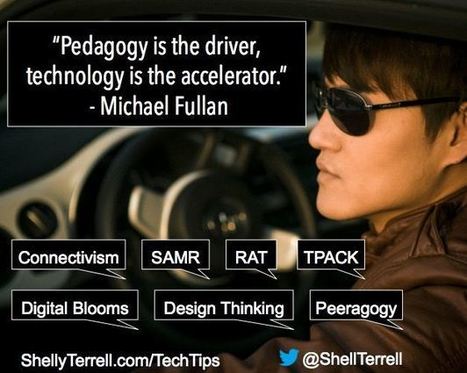






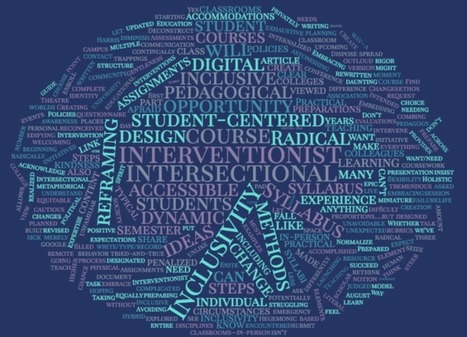


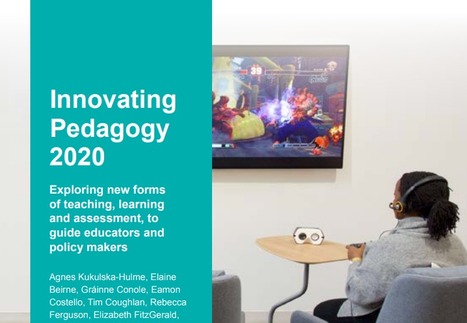

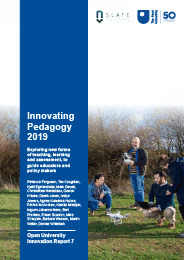
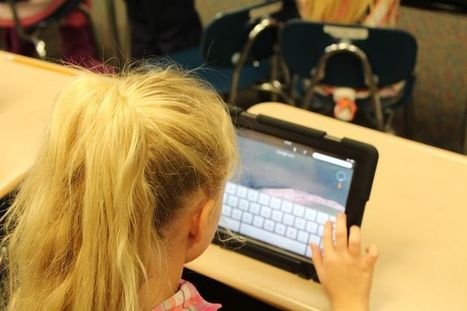

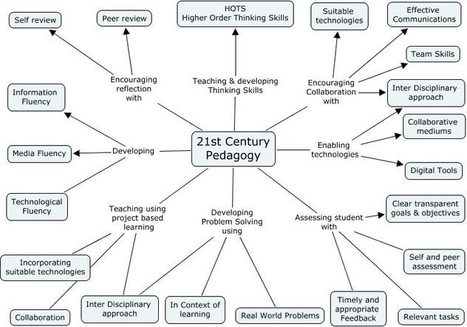





Pedagogía y Tecnología deben ir juntas de la mano en la transformación educativa del milenio.
Pedagogía y Tecnología deben ir juntas de la mano en la transformación educativa del milenio.